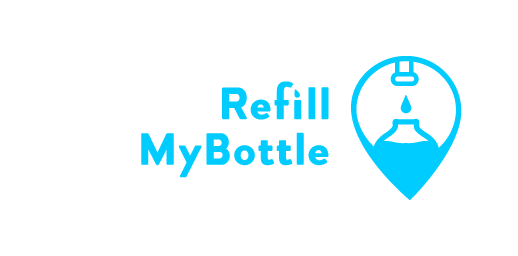B
ecoming vegan means more than just having a deep compassion for every breathing creature on our planet. Part of the vegan philosophy also encompasses taking care of the earth, so it’s crucial that every vegan tries to live a holistically sustainable lifestyle.However, it’s still hard to find easily accessible vegan food options even if veganism has been on a steady rise. Additionally, it’s much more difficult to live a sustainable vegan lifestyle, as The Guardian notes that more than half of global corporations haven’t been adopting sustainability practices. This narrows down the options of most vegans and may even discourage some from going beyond their vegan diets. With all this said, we’ve listed down two places to start when committing to a sustainable vegan lifestyle.
IN YOUR SELF-CARE JOURNEY
Veganism also exists in the world of skincare, beauty, and hygiene. The word vegan has been slapped on numerous beauty products to denote that they don’t include animal-derived ingredients in their formulas. However, Shape points out that products with ‘vegan’ or ‘cruelty-free’ labels can be deceiving. To compensate for animal-derived ingredients, some products use unethically sourced ingredients like palm oil. So when buying vegan self-care products, look beyond the labels and check out the ingredient list as well.
Luckily, some vegan skincare brands create self-care products with both sustainability and veganism in mind. For example, Kaike, a POC-owned beauty business, aims to spread the benefits of plant-based products without sacrificing beauty. They sell multi-purpose beauty products to reduce packaging and production waste. One of their bestsellers, Frosting, is a body butter that can be used as a moisturizer, cleansing balm, and hair sealing balm. There are more sustainably vegan beauty brands out there — but remember to carefully read beyond the labels and look for solid proof that the company has sustainability measures in place.
INSIDE THE GROCERIES
As we’ve mentioned, it’s incredibly hard to find truly vegan food options — especially if you’re eating out. This means that most vegans prefer to prep and cook their own meals to avoid eating food that’s tainted with animal products. You can never be fully sure when eating at a restaurant, and there’s nothing more assuring than personally preparing whatever you decide as fuel for your body. For this reason, most vegans shop for their groceries more often than meat-eating folks.
When doing groceries, you’ll most probably encounter single-use packaging that’s mainly made of non-biodegradable plastics. Other than filling up our landfills for thousands of years to come, plastic waste can also find themselves in the intestines of hungry land animals or wrapped around a turtle’s neck. Our post ‘8 Ways to Live More Sustainably’ points out that you should say no to single-use packaging if you find yourself at the supermarket. Instead of relying on plastic packaging, try asking for a paper bag or bringing your own tote bags and jars to put produce and food perishables in. This way, you can confidently walk in any supermarket and not make any unnecessary waste that might compromise your sustainable vegan lifestyle.
All in all, practicing both veganism and sustainability can be a tough challenge in a world that is driven by corporate greed. As you start your sustainable vegan lifestyle, also try to remember that it’s best to support small vegan businesses as they have the capacity to adopt sustainability measures, unlike big companies and brands. Even though this will be an arduous journey, knowing that you’ve done your part to save the animals and the earth will be more than worth it.
